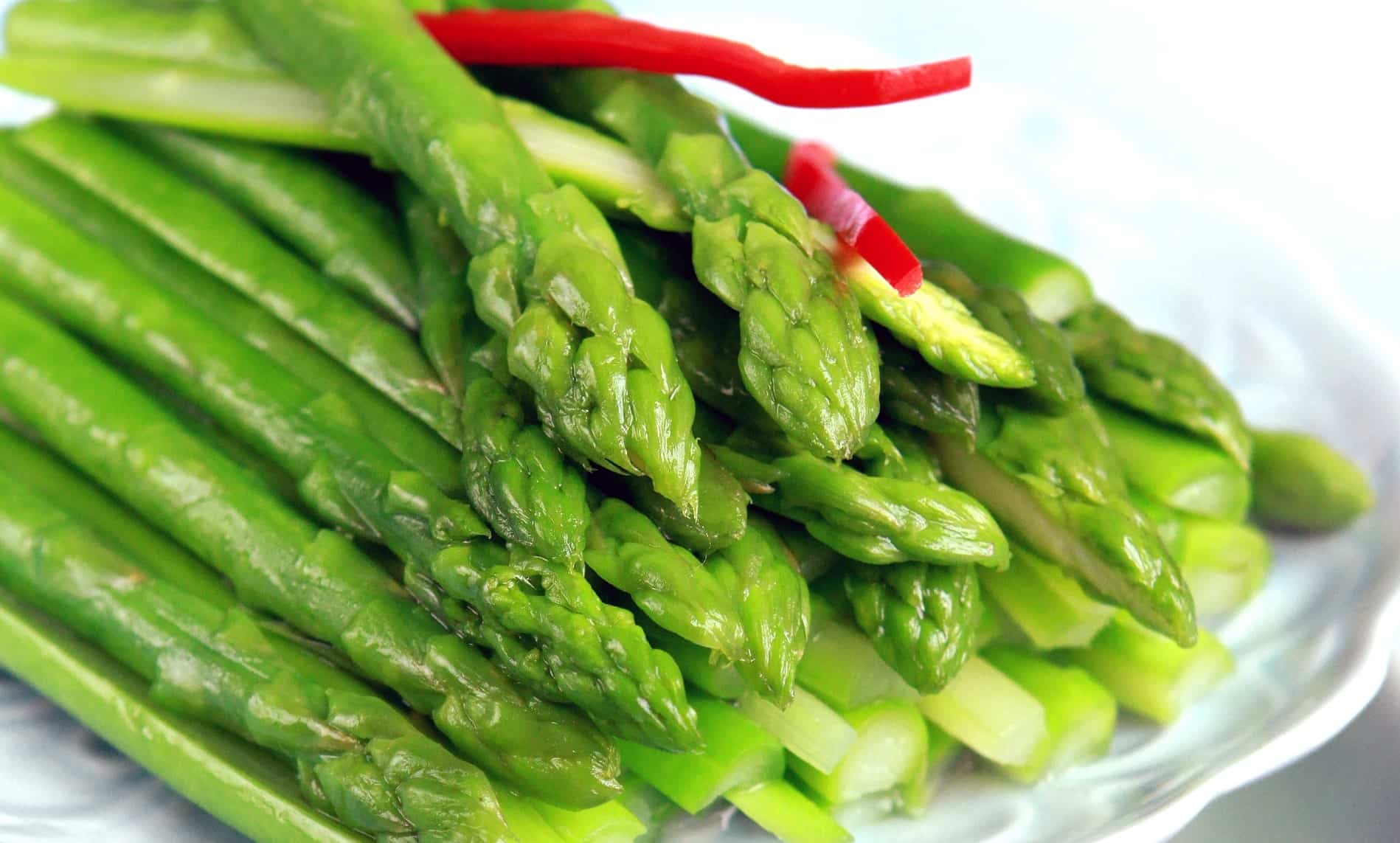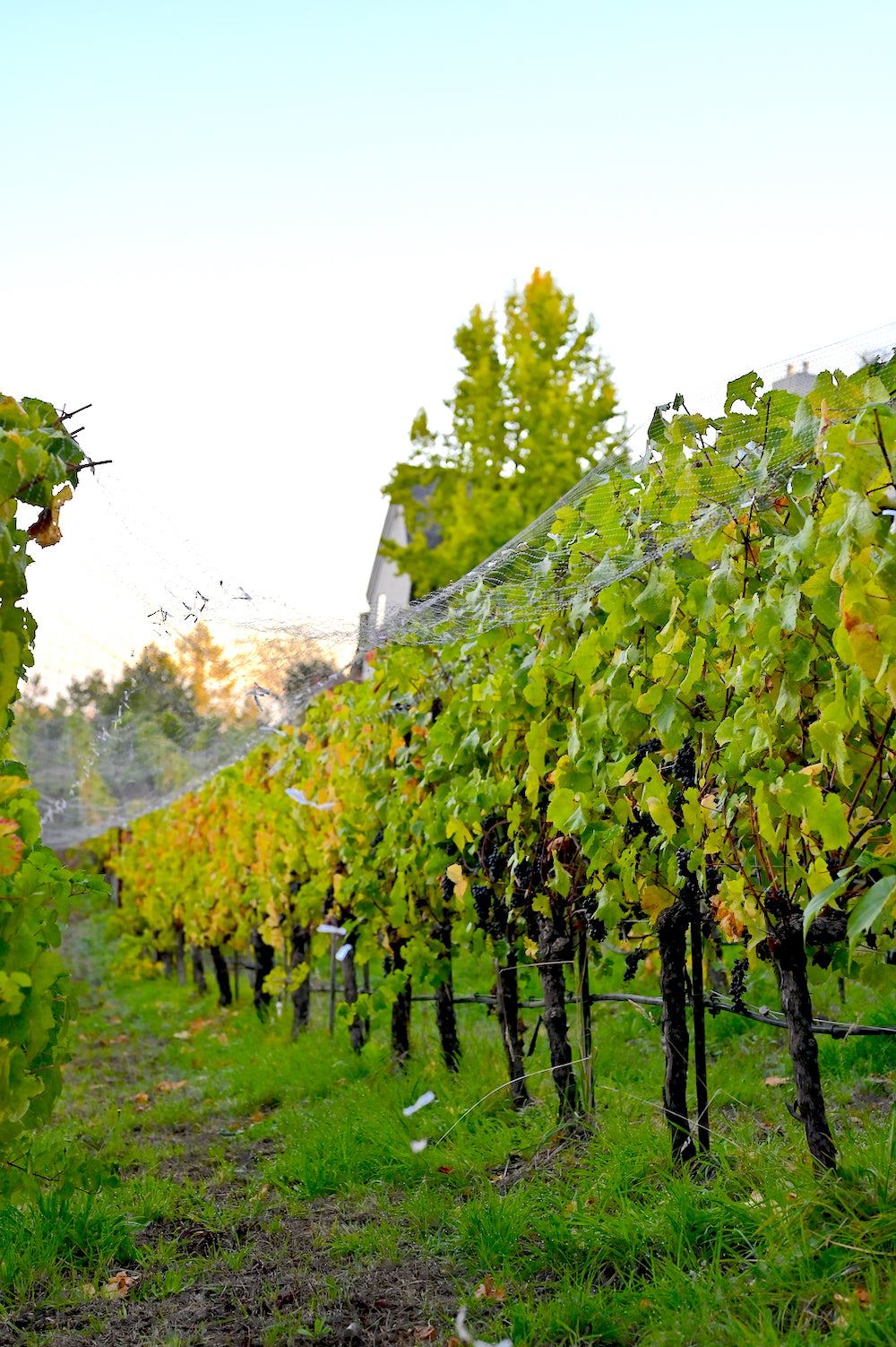Wine Tasting Events In Sonoma County - Sonoma Wine Tasting Tour
Wineries Offering Virtual Wine Tastings - Wineries To Explore In Sonoma Valley
Wine tasting is an art that requires practice and an understanding of assorted elements concerned within the course of. One essential element of wine tasting is the development and interpretation of tasting notes, which serve as a guide for each novices and seasoned connoisseurs. A Guide To Understanding Winery Wine Tasting Notes can improve your wine-tasting experience, making it extra meaningful and enjoyable.
Tasting notes are concise descriptions that seize the essence of a wine’s flavors, aromas, and overall character. Often composed by professional tasters, winery tasting notes provide insights into the nuances of various wines. They may help wine enthusiasts understand what to expect from a selected bottle. However, tasting notes can differ broadly in style and detail based mostly on the author's experience and palate.
Wineries Offering Off The Beaten Path Experiences - Sonoma Wine Tastings
When you first approach a glass of wine, your senses will begin to interact right away. The sight, scent, and taste of the wine will converge to give you an entire experience. Tasting notes generally start with the visual evaluation, where the colour of the wine is taken under consideration. Color performs a significant position in indicating the wine’s age, grape selection, and even its flavor profile.
After assessing the visible side, the following step includes swirling the wine within the glass. This action aerates the wine, permitting its aromas to awaken. Smelling the wine supplies important perception into its complexity. The initial sniff can ship a flood of scents that may embrace fruity, floral, herbal, or earthy notes. This is commonly probably the most subjective a part of tasting, as individual experiences can dramatically differ.
In winery tasting notes, descriptors are sometimes categorized into primary, secondary, and tertiary aromas. Main aromas usually stem from the grape variety, secondary aromas derive from fermentation processes, and tertiary aromas come up from aging. Understanding these classes can help you respect the depth of a wine, and so they additionally give you the vocabulary to specific your experience better.
Wine Tasting Experiences With Local Cheese - Sonoma Wine Retreats
Following the olfactory encounter, your focus will shift to the taste of the wine. This is the place the primary characteristics—sweetness, acidity, tannins, alcohol—come into play. Tasting notes typically element these flavors in a quantity of dimensions, including the preliminary assault on your palate to the lingering end in your tongue. A high-quality wine will present a harmonious steadiness between these elements.
While tasting, it's essential to ponder the body of the wine, which could be described as light, medium, or full. The body contributes considerably to your general impression, serving to you think about how the wine pairs with food or whether it stands alone as a sipping wine. Balancing the physique with the other traits provides you with a fuller understanding of what the wine has to supply.
The finish of the wine, additionally known as the aftertaste, is another crucial aspect usually included in tasting notes. A long, nice finish normally indicates the next quality wine, whereas a short or cloying aftertaste could suggest in any other case. Evaluating the end can supply further perception into the wine's complexity and distinction.
Understanding the context of winery tasting notes can be useful. Tasting notes can present contextual information about the vineyard's location, climate, and grape-growing practices. This context adds one other layer of appreciation for the wine, permitting enthusiasts to connect the sensory experience with its origins, thus enhancing the enjoyment additional.
Wineries That Offer Food Trucks On Weekends - Vineyard Experiences In Sonoma
Many wineries present tasting notes on their web sites or labels, typically written in an approachable yet informative style. However, not all winery tasting notes are created equal. Some could also be overly technical, whereas others would possibly prioritize advertising flair over insightful evaluation. Studying to navigate these notes can arm you with the information to make informed selections when choosing wines.
Participating in tastings at wineries can even deepen your understanding of wine tasting notes. Interacting with educated workers can provide you a more hands-on strategy to exploring totally different wines and the language used to describe them. Interactive Wine Tasting Experiences In Sonoma. You'll have the opportunity to ask questions, have interaction in discussions, and doubtlessly refine your palate in real time.
Experimentation is essential for mastering wine tasting notes. As you pattern completely different wines, attempt making your individual notes. Focus on describing the wine’s colour, aroma, taste, and end. Over time, you’ll develop a personal vocabulary that resonates with your sensory experiences. Every note you create will help refine your palate, allowing you to understand wines at a deeper degree.
Wine Tasting Tours In Russian River Valley - Wineries In The Sebastopol Region
In conclusion, a Guide To Understanding Winery Wine Tasting Notes presents a complete framework for diving into the world of wines. It equips you with the methods and language essential to articulate your experiences. Whether Or Not you're a informal drinker or a devoted aficionado, understanding and using tasting notes can profoundly impact your wine journey. This knowledge not only enhances your enjoyment but in addition connects you deeply with the rich narratives each bottle tells. By embracing this journey, you become part of the beautiful mosaic of wine culture, the place each sip unveils a new story ready to be discovered.
- Wine tasting notes sometimes encompass a selection of sensory descriptions, together with aroma, flavor, acidity, physique, and end, allowing tasters to fully appreciate the wine's traits.
- To improve your understanding, familiarize your self with widespread wine terminology such as "tannins," "oakiness," or "terroir," which can help decipher the notes extra successfully.
- A systematic strategy to tasting involves first visually assessing the wine's color and readability, adopted by swirling to release aromas, then inhaling and describing what you experience.
- Taking notes during tasting may help establish patterns over time, enhancing your palate and making it easier to recall preferences for future selections.
- Do Not overlook the influence of food pairings; tasting notes can differ greatly when a wine is loved with complementary flavors, altering notion and delight.
- Pay attention to the wine’s vintage, as weather conditions in a given yr can significantly have an result on the ultimate product, adding one other layer to the tasting notes.
- Think About the winemaker's style and philosophy, which can form the wine's profile and influence how its notes evolve with each sip.
- Working Towards with completely different grape varieties can broaden your vocabulary; each kind brings distinctive characteristics that may enhance your capacity to articulate tasting notes successfully.
- Engaging with wine professionals or attending tasting events can present useful insights, providing a richer context for understanding personal tasting notes.
- Keep In Mind hop over to these guys that tasting is subjective; individual preferences and experiences will form one’s interpretation of the same wine, enriching the general enjoyment of wine exploration.
What are wine tasting notes?
Wine tasting notes are descriptive comments made by tasters in regards to the look, aroma, style, and end of a wine. They present an overview of the wine's characteristics and may help consumers understand the style and high quality of the wine.
Best Chardonnays From Sonoma Winemakers - Vines And Views In Sonoma Wine Country
Why are tasting notes necessary when choosing wine?
Tasting notes can guide you in choosing a wine that fits your palate. They provide insights into flavors and aromas, helping you to match wines with food or occasions. Understanding these notes enhances your total wine experience.
How should I read wine tasting notes?
(Wineries Known For Sustainable Practices In Sonoma)
Wineries Offering Private Events - Best Winery In Sonoma For Quality Wine

When studying wine tasting notes, take note of the construction: look for descriptions of colour, aroma, flavor, and end. This will help you grasp the wine's profile and decide if it aligns along with your preferences.
What terms generally seem in wine tasting notes?
Common phrases embody "tannin" (the structure), "acidity" (the crispness), "body" (the weight), and numerous flavor descriptors like "fruity," "earthy," or "spicy." Familiarizing your self with these phrases can deepen your understanding of wine.
Vineyard Tours With Guided Tastings In Sonoma - Sonoma Valley Vineyards And Wine Tasting

Can I create my own tasting notes?
Yes! Writing your individual tasting notes can improve your wine tasting experience. Focus in your observations of style, aroma, and other sensory characteristics. This personal practice can help you refine your palate over time.
How do I identify the aromas in wine tasting notes?
Wineries With Picnic Areas - Wineries Near Sebastopol For Tasting
To determine aromas, practice smelling a selection of scents and associating them with wines. Swirl the wine in your glass to release its aromas, then take a moment to breathe in deeply before identifying any prominent scents.

What is the distinction between professional and personal wine tasting notes?
Professional tasting notes might use extra technical language and particular terminology, while personal tasting notes are subjective and mirror particular person experiences. Both are useful for understanding and having fun with wine, but personal notes might resonate extra along with your unique tastes.
How can tasting notes enhance my wine appreciation?
Wine Tasting Trails In Sonoma Valley - Enjoying Wine In Sebastopol
Tasting notes can improve your appreciation by serving to you to grasp and articulate the complexities of wine. They encourage conscious tasting and supply a framework for comparing totally different wines, resulting in a richer enjoyment of the beverage.
Are there any apps or tools to help with wine tasting notes?
Yes, there are a number of apps designed to assist customers report and arrange their site link tasting notes. These tools typically offer features like flavor wheel guides and wine database searches, making it simpler to trace your journey via totally different wines.